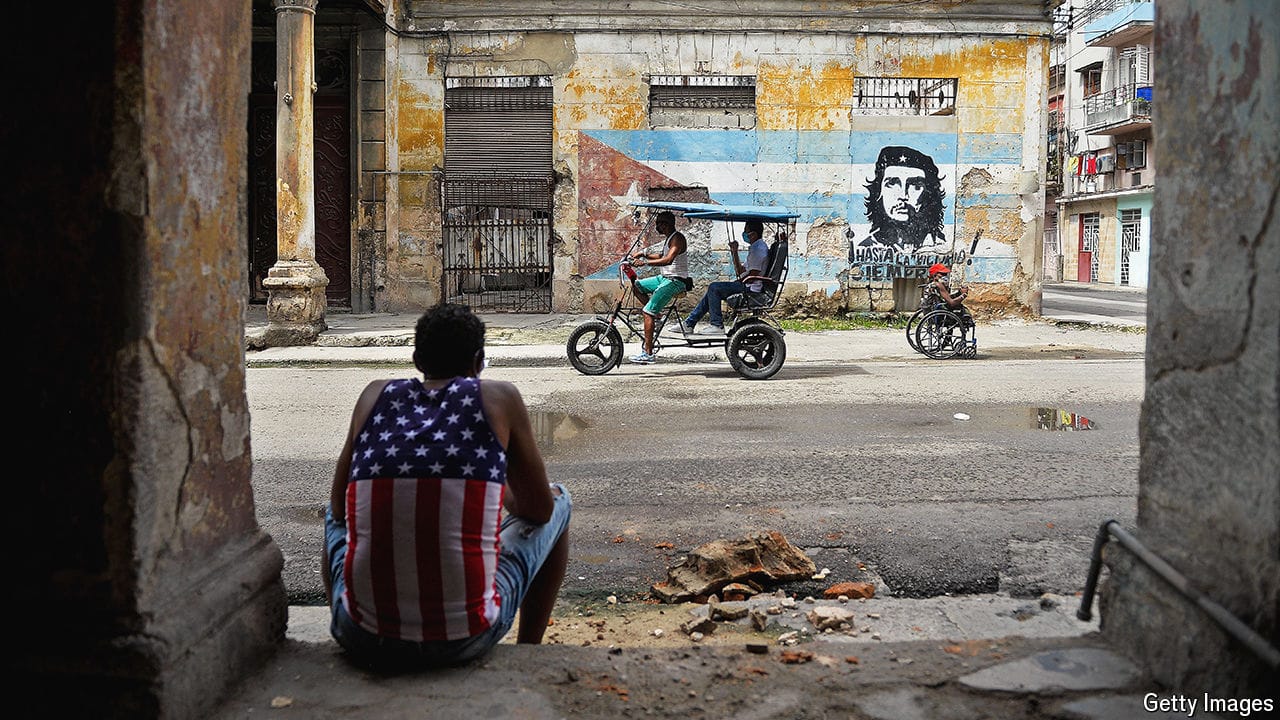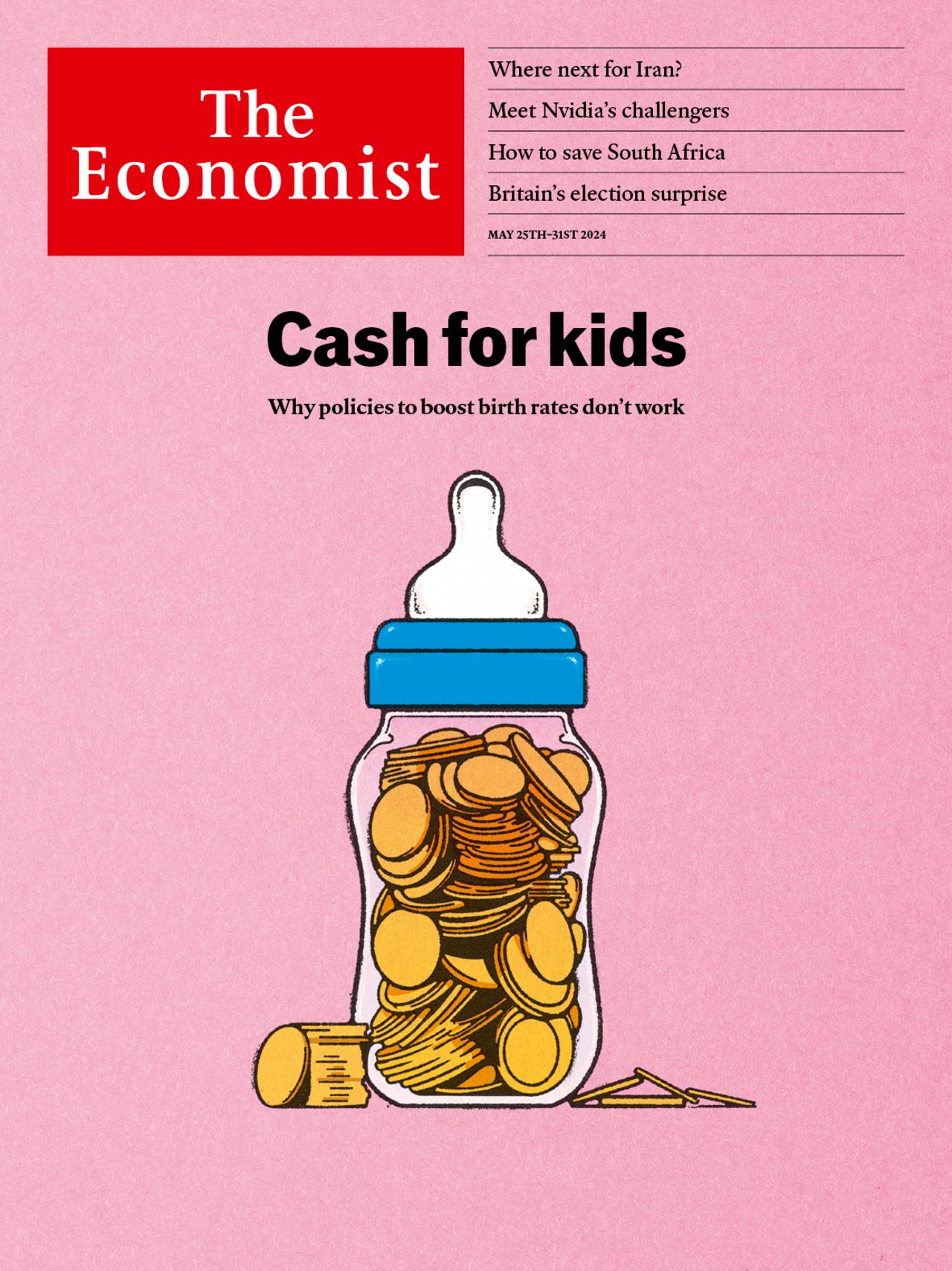Canadians are taking dramatic steps to avoid more ruinous firestorms
The focus is as much on mitigation and preparation as on suppression

Stumpy, soot-stained foundations of homes, charred fir trees that crumble when touched and the skeletons of petrol stations offer mute testimony to the ferocity of the wildfire that roared through the hamlet of Scotch Creek last year. The smoke from it and myriad other Canadian fires reached Baltimore, Barcelona, Berlin and beyond.
Wildfires scorched 185,000 square km (71,000 square miles) of Canada in 2023, an area bigger than Florida. The resulting pall forced millions indoors during the height of summer. The fires also pumped 1,800 megatonnes of CO2 equivalent into the atmosphere, dwarfing Canada’s total emissions in 2022 of 708 megatonnes. Locals called the blazes Frankenstein fires “that crawl or sprint along like some diabolical monster”. “The fires defy models,” says John MacLean, chief administrative officer of nearby Columbia Shuswap District. “They are alien to experience.”
Explore more
This article appeared in the The Americas section of the print edition under the headline “Smokey heads north”
More from The Americas

The strong dollar is hurting exports from Latin America
For three small dollarised economies it has exposed a lack of competitiveness

Cuba is out of supplies and out of ideas
Penury is pushing the island towards Russia and China
Peru’s president survives because she’s not in charge
The lawmakers are dismantling institutions
Crypto cowboys have found paradise in Paraguay
Cheap electricity, lax laws and low taxes: what’s not to like?
Under Lula, Brazil is walking on the financial wild side
Investors have started to worry about deficits and debt

